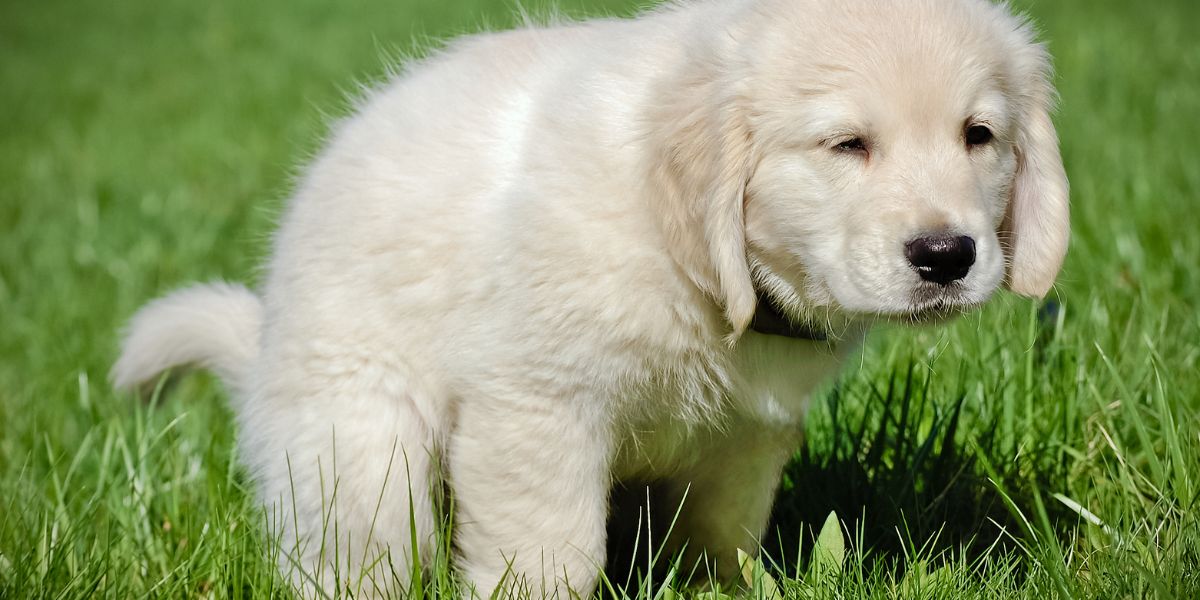
When it comes to training your new puppy, there are several key practices that can make a significant difference in their learning and development. From establishing a consistent routine to utilizing positive reinforcement techniques, each step plays a crucial role in shaping your puppy's behavior. However, there is one often overlooked aspect that can truly elevate your training sessions and deepen the bond with your furry companion. By incorporating this particular element into your training regimen, you'll not only see faster progress but also foster a stronger connection with your puppy.
Setting up a Training Schedule
When setting up a training schedule for your new puppy, consistency is key. Begin by establishing a routine that includes regular feeding times, potty breaks, playtime, and training sessions. Puppies thrive on predictability, so try to stick to the same schedule every day to help them feel secure and learn faster.
Plan short training sessions multiple times a day to keep your puppy engaged and prevent them from getting overwhelmed. Remember that puppies have short attention spans, so keeping the sessions brief and fun will yield better results. Incorporate positive reinforcement techniques like treats, praise, and toys to motivate your puppy and reinforce good behavior.
Be patient and understanding with your puppy as they're still learning and adjusting to their new environment. Consistency in your training schedule will help them understand what's expected of them and build a strong bond between you. By setting up a consistent training schedule, you're laying the foundation for a well-behaved and happy companion.
Establishing Consistent Rules
To ensure a harmonious relationship with your new puppy, it's important to establish clear and consistent rules from the beginning. Consistency is key in training your puppy as it helps them understand what's expected of them. Dogs thrive on routine, so setting up rules early on will create a structured environment that your puppy can easily adapt to.
When establishing rules, be firm but fair. Use a firm tone of voice and body language to communicate what behaviors are acceptable and which are not. Keep the rules simple and easy to understand for your puppy. For example, if you decide that your puppy isn't allowed on the couch, stick to that rule consistently.
Consistent rules also help in building trust between you and your puppy. They learn to trust your guidance and leadership when rules are clear and consistently enforced. Remember, puppies are constantly learning, so being consistent in your rules will help them develop good behaviors and habits as they grow.
Using Positive Reinforcement Techniques
Implementing positive reinforcement techniques is a highly effective way to encourage desired behaviors in your new puppy. By using positive reinforcement, such as treats, praise, or toys, you can communicate to your puppy which behaviors are desirable. When your puppy sits when asked, give them a treat and praise to reinforce this action positively. Consistency is key when using positive reinforcement. Make sure to reward good behavior every time it occurs to reinforce the behavior. This will help your puppy understand what's expected of them and make them more likely to repeat the behavior in the future.
It's essential to time your reinforcement correctly. Give your puppy the treat or praise immediately after they perform the desired behavior, so they associate the reward with the action. This will help them make the connection between the behavior and the positive outcome. Remember to keep training sessions short and fun to prevent your puppy from becoming bored or frustrated. Positive reinforcement creates a strong bond between you and your puppy based on trust and mutual understanding.
Socializing Your Puppy Early
Start socializing your puppy early to help them develop positive interactions with other dogs and people. Early socialization is crucial for your puppy's overall well-being and behavior as they grow older. Introducing your puppy to various environments, people, and animals in a positive and controlled manner will help them feel more comfortable and confident in different situations.
Take your puppy to different places such as parks, pet stores, or puppy training classes to expose them to new sights, sounds, and smells. Encourage positive interactions by rewarding good behavior with treats and praise. Additionally, arrange play dates with other vaccinated and friendly dogs to help your puppy learn appropriate social skills and communication.
When socializing your puppy, monitor their body language and behavior to ensure they aren't feeling overwhelmed or scared. Always prioritize your puppy's safety and well-being during socialization experiences. By starting early and making socialization a fun and positive experience, you can help your puppy grow into a well-adjusted and sociable adult dog.




